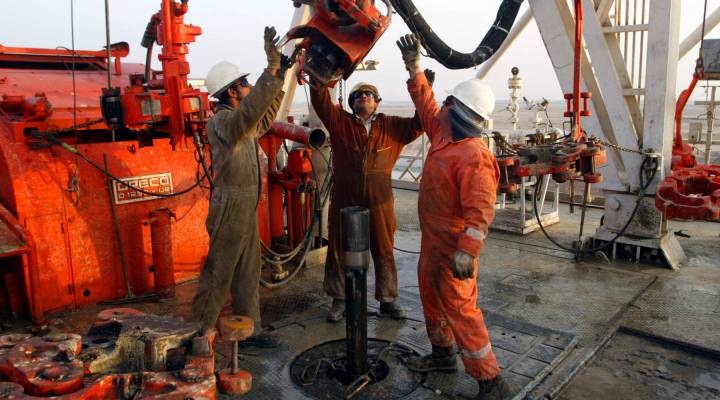
OPEC fails to set a cap on oil output but prices still go up
Share Now on:
OPEC fails to set a cap on oil output but prices still go up

Oil prices continued to rise Thursday despite members of OPEC failing to agree on an output policy, BBC Business reported.
The group, which has a huge influence on oil production globally, met in Vienna to discuss implementing a policy, or a cap, on production in an attempt to keep oil prices from falling. OPEC is responsible for 40 percent of the world’s crude oil.
Although OPEC members could not come to an agreement, brent crude, an international benchmark for oil, was up 0.6 percent at $50.04 a barrel.
OPEC said in a statement that it was committed to “a stable and balanced oil market, with prices at levels that are suitable for both producers and consumers.” Saudi Arabia’s energy minister, Khalid Al-Falih, told BBC Business that the country would not increase production and flood the market.
The oil market has not fared well in recent years due to a vast reserve and falling prices. Prices started to drop 18 months ago when OPEC decided not to cut production. But demand is rising again, along with prices. To hear more from Marketplace’s Jed Kim about how prices may continue to rise into 2017, click on the audio player below.
There’s a lot happening in the world. Through it all, Marketplace is here for you.
You rely on Marketplace to break down the world’s events and tell you how it affects you in a fact-based, approachable way. We rely on your financial support to keep making that possible.
Your donation today powers the independent journalism that you rely on. For just $5/month, you can help sustain Marketplace so we can keep reporting on the things that matter to you.












